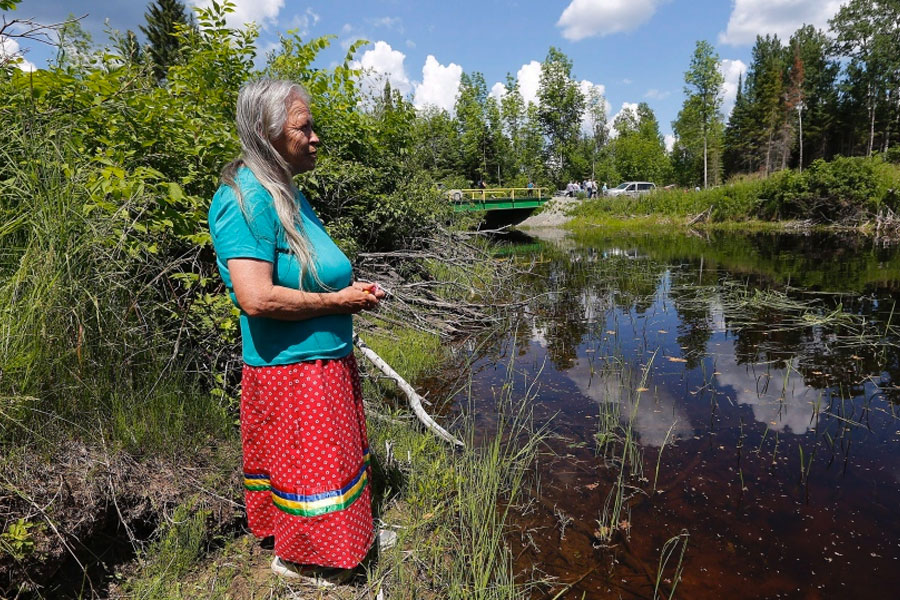Why have many Canadian reserves been under boil-water advisories for decades? Why is it that the West Moberly First Nations can’t eat the fish they catch without risking mercury poisoning? What can be done to put an end to this crisis?
On May 27, a panel moderated by Dr. Faisal Moola from the David Suzuki foundation will address the devastating impact of unclean water on the health of Indigenous community members, and discuss potential solutions.
The plenary, titled “The Land is Life: The Importance of Healthy Watersheds to Sustaining the Health and Wellbeing of Indigenous Communities in Canada’s North” will close the 2nd Biennial Indigenous Health Conference.
According to The Globe and Mail, it is possible that the most defining cause of the century-old issue lies in the blurred “lines of responsibility” that exist between municipal, provincial, and federal governments regarding safe drinking water.
While a straightforward course of action is applied when a municipality is put under a drinking water advisory, resulting in a quick recovery, drinking water on reserves falls under federal jurisdiction and, historically, the Canadian government has been unwilling to right the wrongs.
Chief Roland Willson of the West Moberly First Nations in B.C., who will take part in the panel discussion at the Indigenous Health Conference, says First Nations people should not be the only ones speaking out about harmful conditions.
“This is an issue for everybody,” he told CBC News. “They need to be worried about what they are doing.”
While these concerns are typically approached from a political standpoint, the conference will take the direct route by addressing the effects of these unacceptable circumstances on the health of Canada’s Indigenous peoples.
According to Dr. Anna Banerji, course director and conference chair, health care providers may have more far-reaching power than they think.
“Health care providers play a critical role with Indigenous populations in advocating for the improved status of individuals, families, and communities,” she says. “Through creating dialogue with Indigenous peoples, health experts, policy makers, and health care providers, there is an opportunity to improve health care and advocacy for Indigenous peoples in Canada.”
The Indigenous Health Conference will take place May 26 to 27 and will feature a host of dynamic speakers including Chief Isadore Day, ITK President Natan Obed, Dr. Cindy Blackstock, and Dr. Evan Adams.
